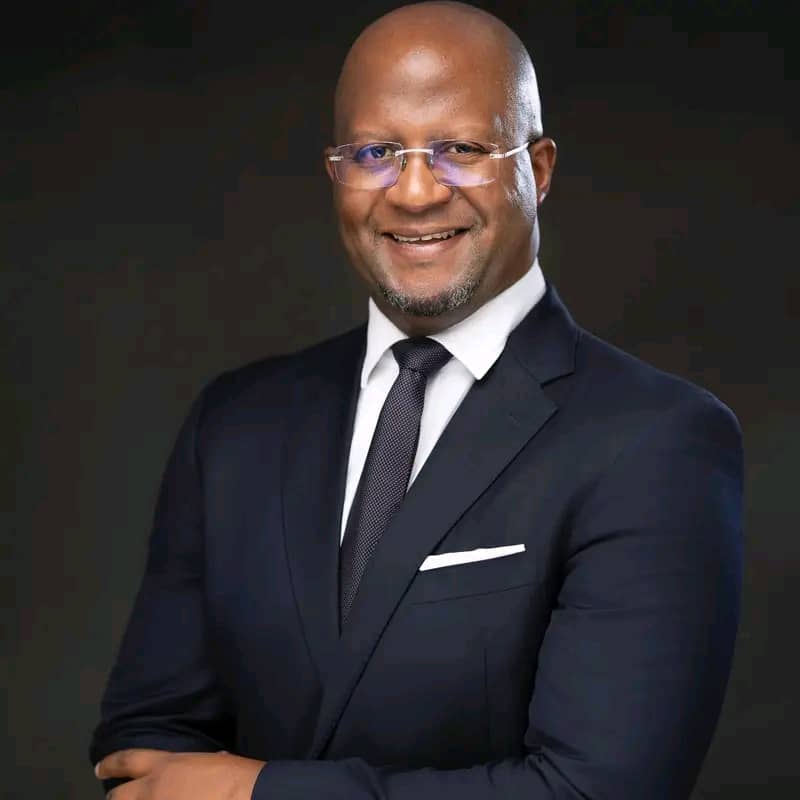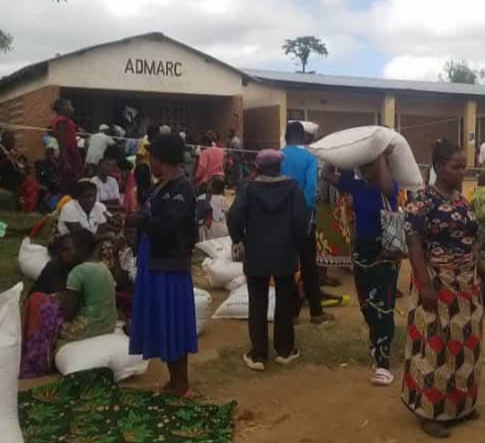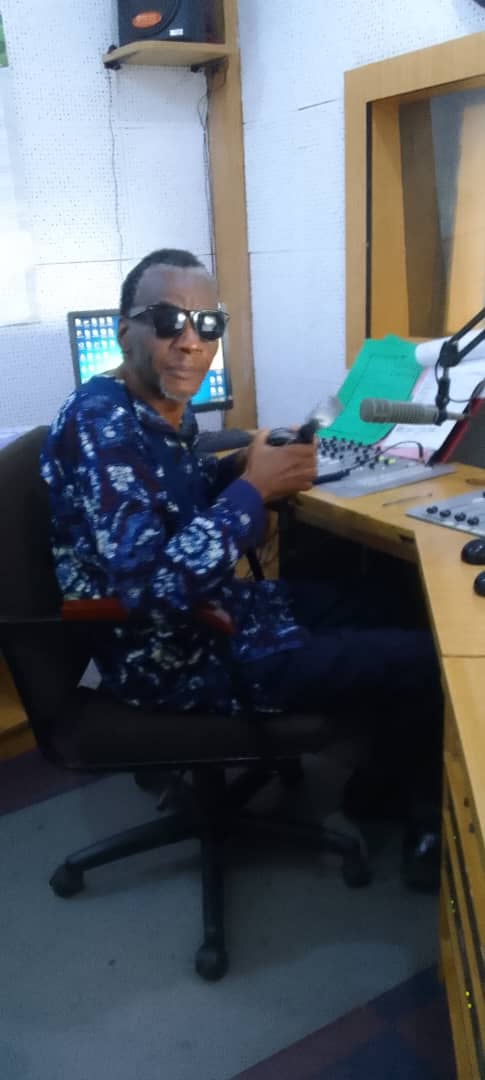By Rick Dzida
As the son of former President Bakili Muluzi, Atupele Muluzi has a strong political lineage. His early interactions with significant political figures like Kamuzu Banda, when his father was the Secretary General of the Malawi Congress Party (MCP), may have provided him with valuable insights into governance and political dynamics in Malawi.
Additionally, serving as the Member of Parliament for Machinga North East from 2004 to 2019, Atupele has extensive legislative experience. This long tenure allows him to understand the intricacies of parliamentary procedures and the needs of his grassroots supporters.
Furthermore, holding various ministerial positions, including Minister of Natural Resources, Minister of Home Affairs, Minister of Lands, and Minister of Economic Development, demonstrates his versatility and capability in governance. His ability to work under both the Joyce Banda and Peter Mutharika administrations indicates his adaptability and willingness to collaborate across party lines.
As a matter of fact, Atupele’s experience in different administrations suggests that he can work effectively with various political factions, which is crucial for fostering unity and cooperation in a politically diverse environment like Malawi.
Politically, as a former Minister of Economic Development, Atupele Muluzi likely has a strong focus on economic issues and development strategies, which can be beneficial for addressing the economic challenges currently facing Malawi.
Moreover, by becoming the running mate to former President Arthur Peter Mutharika (APM) in the 2020 elections, Atupele Muluzi demonstrated his willingness to engage in high-level politics and contribute to national governance. This partnership allowed him to gain valuable experience in leadership and policy-making at the national level.
As if what has been said is not enough, Atupele Muluzi’s reputation for integrity is a significant asset in a political landscape where corruption undermines public trust. His clean record may appeal to voters who prioritize transparency and accountability in leadership, positioning him as a trustworthy candidate.
More so, during Bingu wa Mutharika’s regime, Atupele Muluzi’s advocacy for an agenda for change focused on empowering the youth. This commitment to addressing the needs and aspirations of young people is crucial in a country with a large youth population, as it can lead to increased opportunities for education, employment, and civic engagement.
In fact, Atupele Muluzi’s current focus on a business-first agenda is appealing to voters who prioritize local wealth generation. This approach is likely to stimulate economic growth, create jobs, and reduce dependency on external economic support, fostering a sense of self-sufficiency within the electorate.
Prophetically, by predicting that President Chakwera would struggle due to his political inexperience and tendency to overpromise, Atupele positions himself as a more realistic and pragmatic candidate. This critique may resonate with voters who are disillusioned by unmet expectations and are looking for a leader with a more grounded approach.
Pragmatically, Atupele’s experience in contesting presidential elections in 2014 and 2019, as well as his role as a running mate, provides him with valuable insights into the political landscape. This experience can enhance his credibility and reassure voters that he understands the complexities of governance and electoral dynamics.
In summary, Atupele’s statements must be weighed against his own political experience as he is not a nonentity in Malawi’s political landscape.




